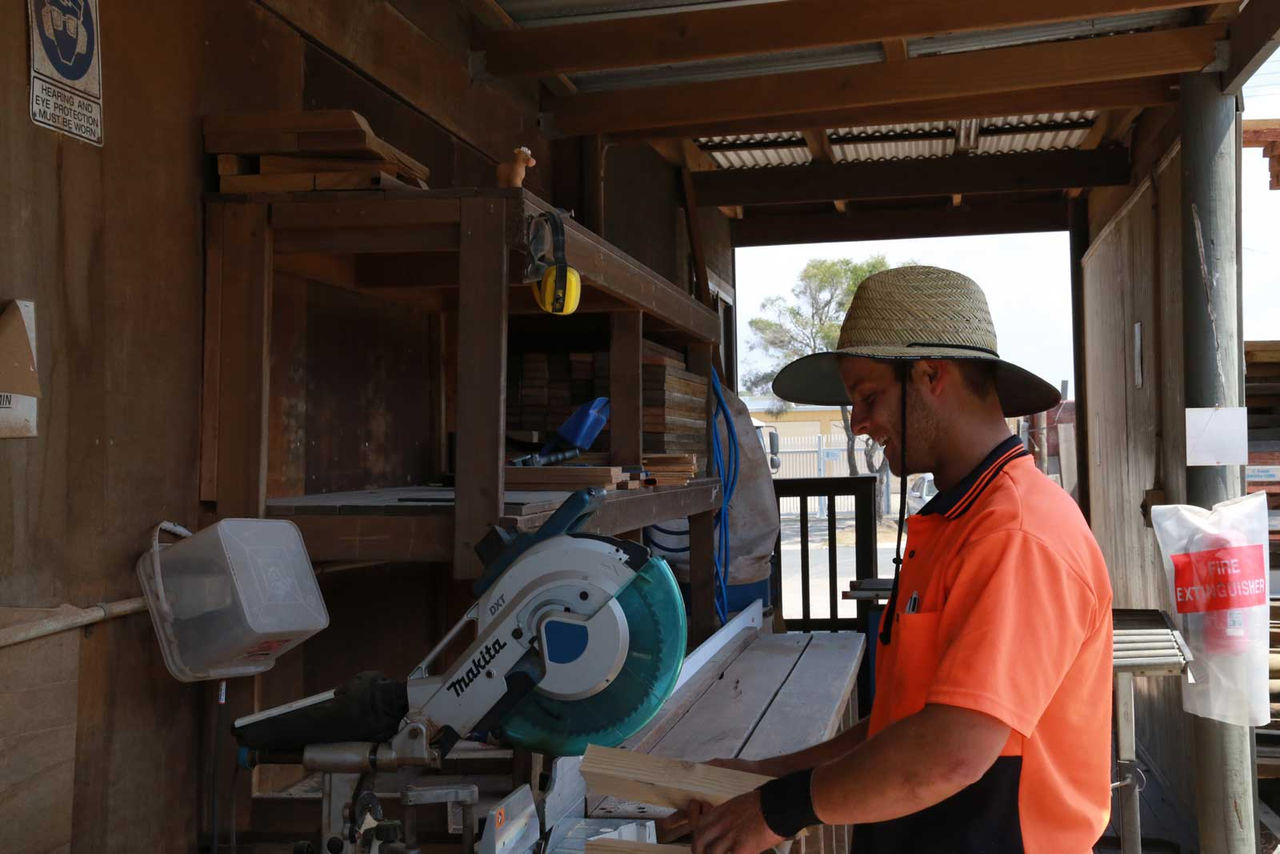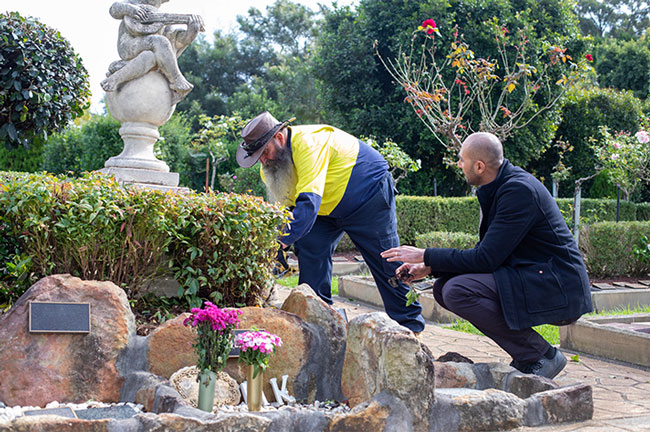Job seekers training in larger numbers during lockdown
Published by MAXSolutions on June 09, 2020

More job seekers have been upskilling during COVID-19, with women three times as likely as men to seek out training opportunities, according to new data from one of Australia’s largest employment services providers.
Next month, it is as good as locked-in that Australia will enter its second consecutive quarter of economic contraction. A technical recession.
A lot of businesses are understandably fearful of committing future investment to hiring new staff in this environment. Jobs advertisements fell by 53pc between April and March alone, according to ANZ.
But companies who are looking to fill vacancies could benefit from a trend among job seekers during COVID-19 towards upskilling and training.
Margaret-Ann Goy, general manager of training at MAX Solutions, says her team has processed a 400pc increase in qualification enrolments since the start of lock down.
“It is difficult to overstate the financial and psychological costs of COVID-19 to many families and communities in Australia. But we know some customers have used unexpected job losses as an opportunity to reassess their careers.”
“In particular, we’ve seen an increase in the number of women enrolling for our training qualifications during lock down.”
The most popular courses, according to MAX Solutions enrolment data, are in Certificate III aged and disability care services and business. Registrations across all Certificate III and IV courses increased by 405pc over the period from January to May.
“Our experience is that a number of previously unskilled job seekers, particularly in Queensland, used lockdown to try and future-proof their employment prospects.” Said Ms Goy.
“For businesses looking to offer vocational placements, particularly in areas like health and social assistance, I’d say this is a real opportunity. You have this window before other employers re-enter the market to access a group of highly-motivated, skilled people – every one of whom has made a significant personal commitment to building a career.”
“We have worked extremely hard over the last 12 months to deliver training of the highest industry standard that is focused on our customers, including making online classes available. And despite the difficulties and distress caused by COVID, we are proud of the fact that we’ve been able to support so many customers to prepare for new and hopefully more secure futures.”
Who is training? MAX training data at a glance
So who was driving the most demand for training during COVID-19? MAX data tells us that:
During lock down, women have outnumbered men in training enrolments by a factor greater than three to one
Around four in every five customers registering for training have no post-school qualifications
Job seekers of all age groups registered for training. Demand was strongest among the following age groups: 21-25, 16-20, and 36-40
Certificate III in Business saw the largest percentage increase in demand from January to May 2020
The most popular courses from January to May were: individual support (ageing), individual support (disability), and business
MAX employer services
MAX offers a range of recruitment support services designed to take the stress out of hiring.
We know what it takes for employers to be able to find the right employees for their business. We provide support designed to make sure you have everything you need to attract strong, willing and able candidates and to keep them long term.
We can partner with you to help you find candidates, and may be able to train them and provide in work support services. We can also help you access government funding when you employ someone through an eligible employment service.
To find out more, visit our employer services pages or call our team on 1800 603 503.
Share
Tags
Found this useful?
Help and advice
Our blogs are about helping people seek the information that they need for their steps in the workforce.














_1.jpg)





























.jpeg)

















